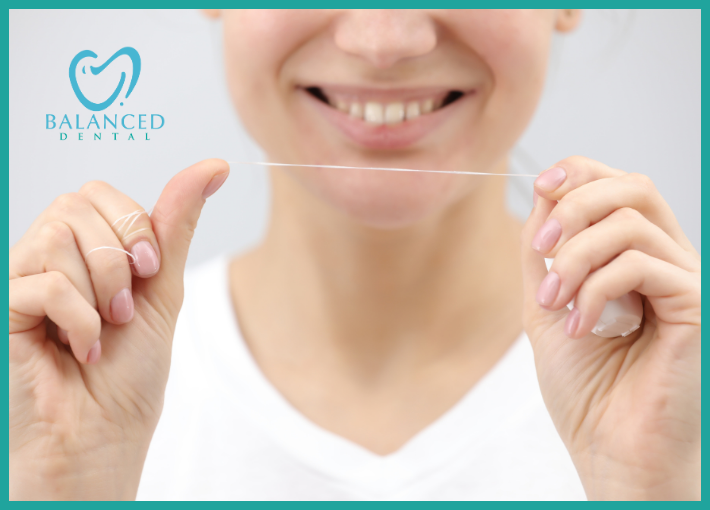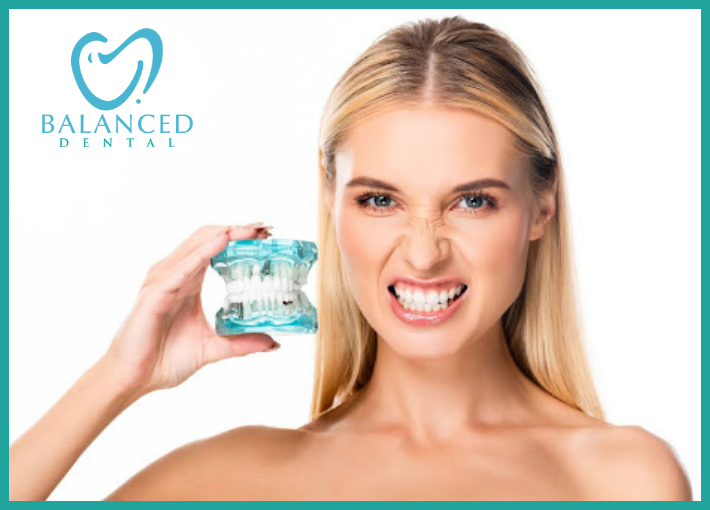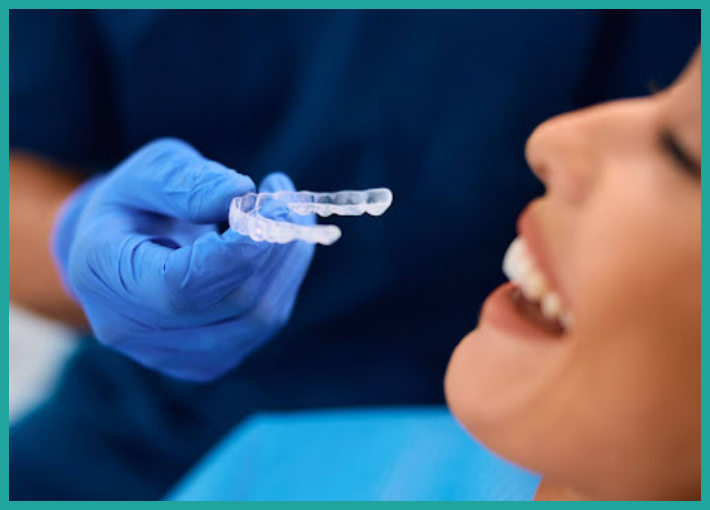Feeling a sharp twinge or noticing a chipped tooth? Don’t let a dental mishap turn into a major worry! Get the proper dental care to restore your smile and prevent further complications. Check more information about broken teeth by reading below and remember that Dr. Jackson is always here to get all of your questions answered.
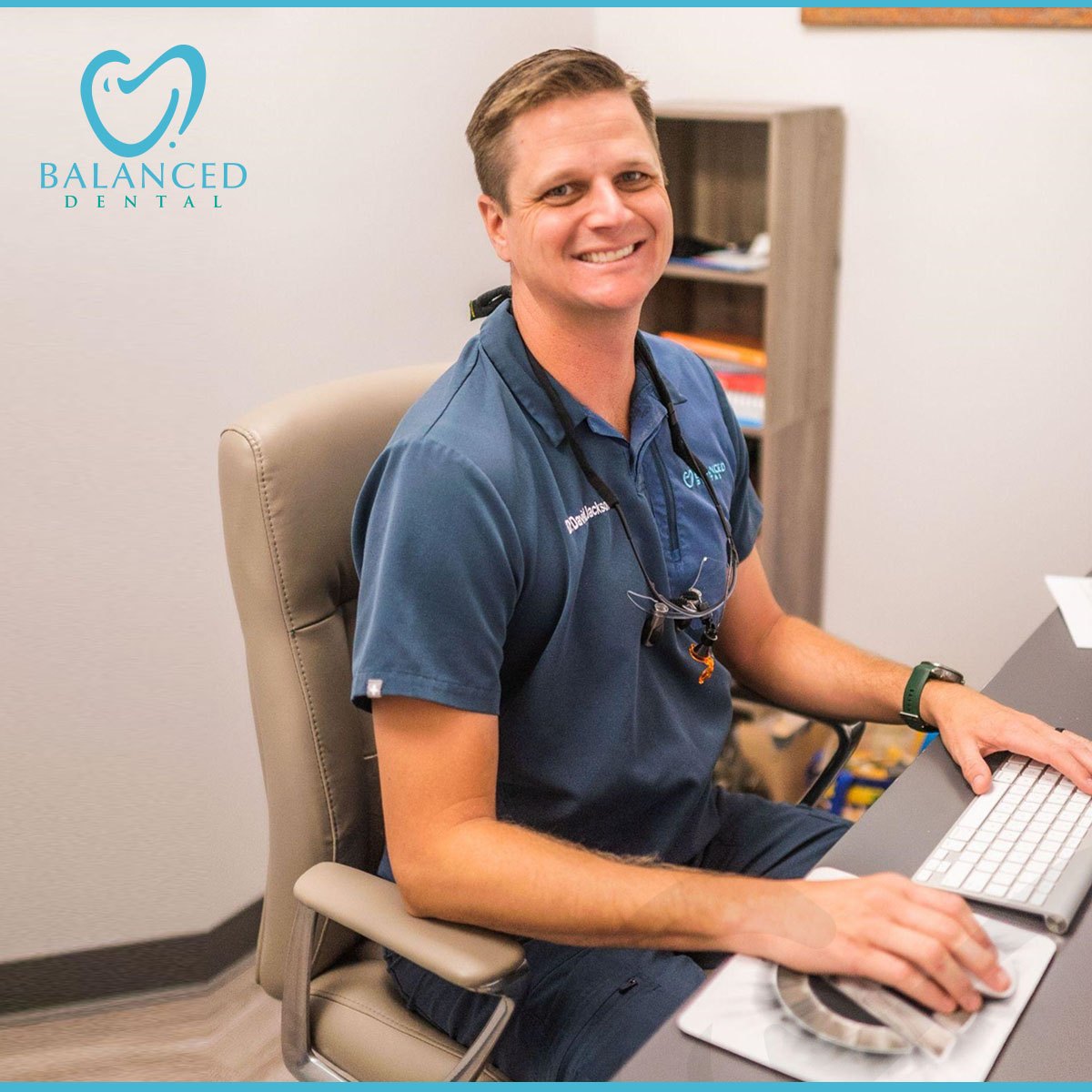
What Causes Chipped and Broken Teeth?

Teeth chips or fractures tend to happen due to one of the following reasons:
- Biting down on something hard.
- Getting hit in the face or mouth.
- Your face or mouth hitting something else.
- A cavity that has weakened your tooth.
- Previous dental work that has weakened your tooth.
Why Does a Fractured or Broken Tooth Cause Pain?
A fractured or broken tooth may or may not hurt, but even if it doesn’t, you’ll likely feel a change with your tongue, which has a sensitivity that gives things a “magnifying effect,” making them feel larger than they are. This helps you notice any unwanted items in your food, like a fishbone, a piece of dirt, or a hair – and in this case, can help you identify dental issues.
A minor tooth fracture is less likely to cause pain, but a large tooth break will likely hurt. The tooth’s nerve may be damaged or exposed to air or hot or cold foods or drinks. The pain may be constant or come and go. Many people feel pain when chewing because it puts more pressure on your tooth, which transfers to your nerves.
Is There At-Home Treatment for a Fractured or Broken Tooth?
Cracked or broken teeth can not be treated at home, so make an appointment with your dental professional for treatment. Until you can get into the office, you can minimize pain with over-the-counter pain relievers like ibuprofen or acetaminophen. Hot and cold foods often increase tooth pain sensitivity, so sticking to foods with moderate temperatures is also helpful.
Toothpaste and mouthrinses made specifically for tooth sensitivity contain ingredients that numb nerve endings and can also offer relief.
If you have a broken tooth and are bleeding, take the following until you get into your dental professional’s office:
- Rinse your mouth with warm water.
- Apply pressure with a piece of gauze on any bleeding areas for about 10 minutes or until the bleeding stops. If this doesn’t work, use a moist tea bag. According to Fairview Health Services, tannic acid in tea helps your blood to clot.
- Apply a cold pack to your cheek or lips over the broken tooth. to help reduce swelling and relieve pain.
- If you can’t get to your dental professional right away, cover the broken part of the tooth with temporary dental cement. You should be able to find this at your local grocery store or drugstore.
- Take an over-the-counter pain reliever.
What Can You Expect from Treatment?
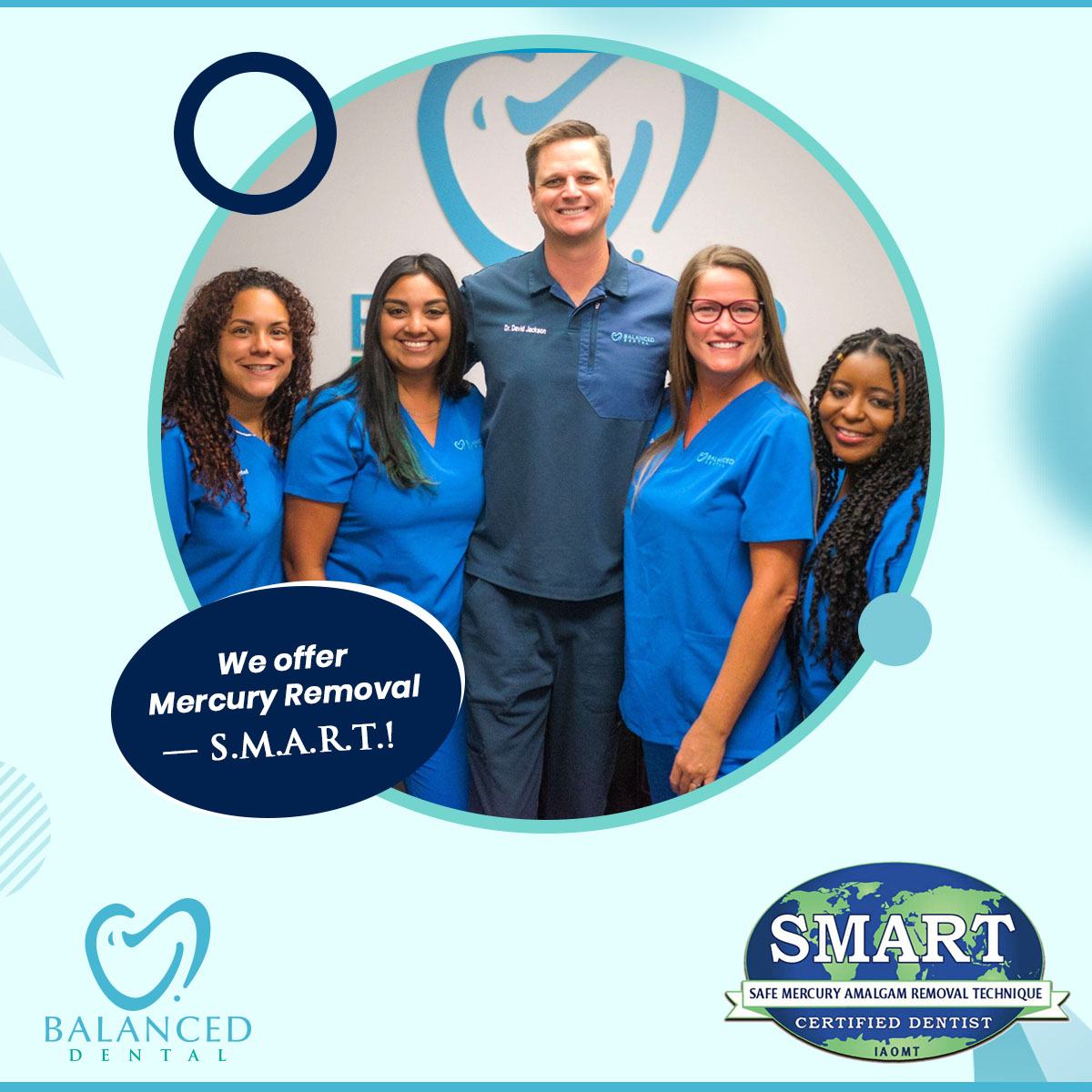
There are several types of tooth fractures and breaks, each of which requires different treatments. These include:
- Craze lines: These minor cracks are surface cracks that only affect your enamel – the outer white surface of your tooth. These cracks are so shallow they rarely need treatment. However, your dentist may lightly polish your enamel to smooth out any rough spots.
- Chips: Minor chips don’t always need treatment. Your dental professional may suggest repairing the damage with filling material to prevent it from getting worse or to make the tooth look and feel better. If the chip is tiny, the dentist may polish and smooth out the chipped area. According to the American Association of Endodontists, chipped teeth make up most dental accidents and injuries.
- Cracked tooth: This type of fracture extends from the chewing surface toward your tooth’s root. If it extends all the way to the root, it will likely need to be extracted. If it doesn’t, it’s important to seek treatment (root canal and a crown) right away because it’s possible to save the tooth before the crack worsens. According to the Cleveland Clinic, crowns can last anywhere from about 5 to 15 years, depending on “wear and tear” and oral hygiene practices.
- Split tooth: This means that the tooth has split vertically into two separate parts. Often, it begins as a cracked tooth, and then the fracture grows until the tooth is entirely split. These teeth often need to be removed, although there are some circumstances in which a root canal can save part of the tooth.
- Broken cusp: This is when a piece of your tooth’s chewing surface (cusp) breaks off, usually occurring with a tooth that’s had a filling. It typically doesn’t affect your pulp and is unlikely to cause much pain. Your dental professional will give your tooth a new filling, onlay, or crown to better maintain its structure, strength, and function.
- Serious breaks: A serious break goes deep enough to expose your tooth’s nerve. It’s almost certain to hurt and, usually, the broken part of your tooth will bleed. Depending on how deep your tooth is broken, it may need to be removed. If your dental professional decides it’s worth saving, you’ll need root canal treatment to remove the exposed nerve and a crown to restore your tooth to its normal function so you can eat and chew properly.
- Vertical root fracture: These are cracks that start in the root of your tooth and extend upward toward your tooth’s chewing surface. It’s unlikely you’ll know one of these fractures is developing until the tissue surrounding your tooth becomes inflamed and infected, which can be painful. In most cases, a tooth with a vertical root fracture will have to be removed.
- Decay-induced break: If you have a decay-induced break, your tooth has broken or crumbled because a cavity has weakened it from the inside out. Your dental professional will evaluate your cavity and recommend the best way to restore the tooth. In some cases, if the decay is extensive and goes down to the bone, your tooth may have to be removed.
If you have a fractured or broken tooth, the sooner you make an appointment with your dental professional for diagnosis and treatment, the better. Whether your tooth needs to be repaired or removed, you’ll avoid developing a more severe condition. Get into your dentist’s office, explain what happened, and they’ll help you get back to having oral health you can smile about.
Don’t wait until the pain worsens: get emergency dental care now! Early intervention can minimize discomfort, prevent further damage, and even save your tooth. Schedule your appointment at 772.247.2407. Follow our Instagram for more dental tips.
Reference: [https://www.colgate.com/en-us/oral-health/dental-emergencies-and-sports-safety/fractured-and-broken-teeth]



